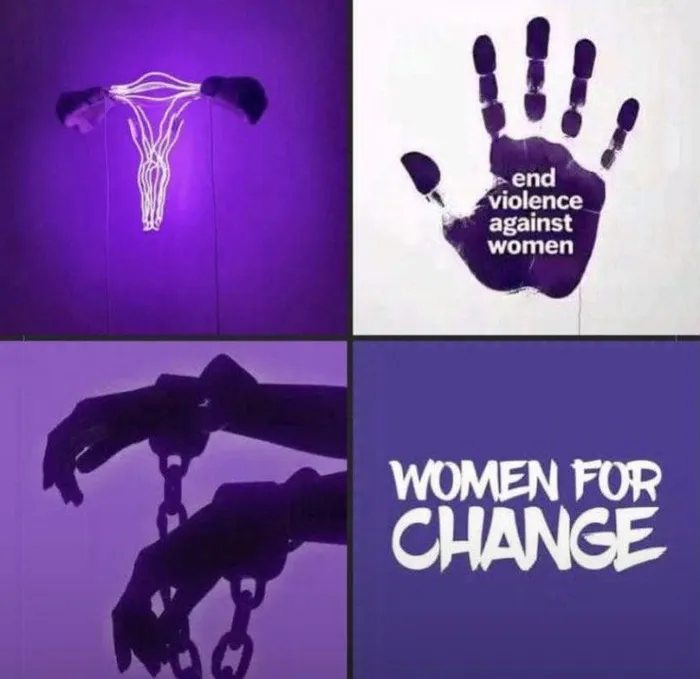Women For Change slams government for 'insulting' rejection of GBV national disaster plea

NDMC rejects call to declare GBV a national disaster, sparks outrage from Women For Change.
Image: X
The National Disaster Management Centre (NDMC) has rejected calls by activist group Women For Change (WFC) to have gender-based violence and femicide (GBVF) declared a national disaster, arguing that such classification does not align with the Disaster Management Act (DMA).
This is ahead of the national shutdown by the organisation on Friday, November 21, ahead of the G20 summit. The group's campaign has gone viral with thousands of social media users turning their profile pictures purple in support.
In a letter released by the group, NDMC head Dr Ellias Sithole said that while the Centre recognises the severity of the crisis, GBVF cannot logically or lawfully be considered a disaster under the provisions of the Disaster Management Act and therefore cannot be categorised or declared as such.
Sithole was responding to a petition by WFC founder Sabrina Walter, who had written to the Presidency requesting urgent action to treat GBVF as a national emergency.
The NDMC, which falls under the Department of Cooperative Governance, said it had already considered similar requests earlier this year. Sithole noted:
"It is important that I indicate immediately that as far back as April 11,2025, the NDMC provided detailed feedback by e-mail to the Department of Women, Youth and Persons with Disabilities (DWYPD) on a similar request made by another organisation, which is not inconsistent with this communication."
While emphasising that the state is deeply troubled by ongoing violence against women, Sithole maintained that the issue should be addressed through existing government mechanisms rather than the disaster framework.
"Whilst the NDMC is also deeply concerned about the ongoing scourge of GBVF that is plaguing our country, the NDMC must also recognise that the National Strategic Plan on GBVF and various legislative instruments were developed and amended since 2018 to urgently and in a coordinated action, begin to restore the dignity, safety, and equality in society," he said.
Sithole stressed the need for collaboration between government and civil society to strengthen existing interventions.
"I recognise that GBVF is a devastating violation of human dignity, and I maintain that we must stand together in compassion and work closer together as government and civil society, within the existing legislative instruments."
However, he reiterated that the DMA was never intended to address entrenched social problems. "I also cannot ignore the fact that the DMA was not enacted to deal with ingrained societal vulnerabilities that can best be addressed in a sustainable manner through the optimisation of existing mechanisms," Sithole added.
He went on to invite WFC to engage further with the NDMC and the DWYPD. "The NDMC therefore accepts that you may wish to engage on this matter to obtain the detail underscoring my conclusion that the DMA is not applicable to GBVF," he said.
But Walter has sharply criticised the NDMC's response, saying it ignores the lived reality of women across South Africa.
"We are deeply disappointed, and frankly, insulted, by a response so far removed from the brutal reality that women in South Africa face every single day," Walter said.
She accused government frameworks of failing to deliver accountability or measurable change.
"The NDMC insists that GBVF cannot be classified as a disaster because there are 'existing frameworks,' such as the National Strategic Plan (NSP) on GBVF. But these are the very frameworks that have failed us," she said.
Walter also questioned the lack of transparency around government spending on the NSP.
"In 2019, during the first Presidential Summit on GBVF, Cyril Ramaphosa committed R21 billion over five years to implement the National Strategic Plan on GBVF, a plan that promised coordination, accountability, and measurable change. Five years later, there is no transparency," she said.
IOL News
Get your news on the go. Download the latest IOL App for Android and IOS now.
Related Topics: